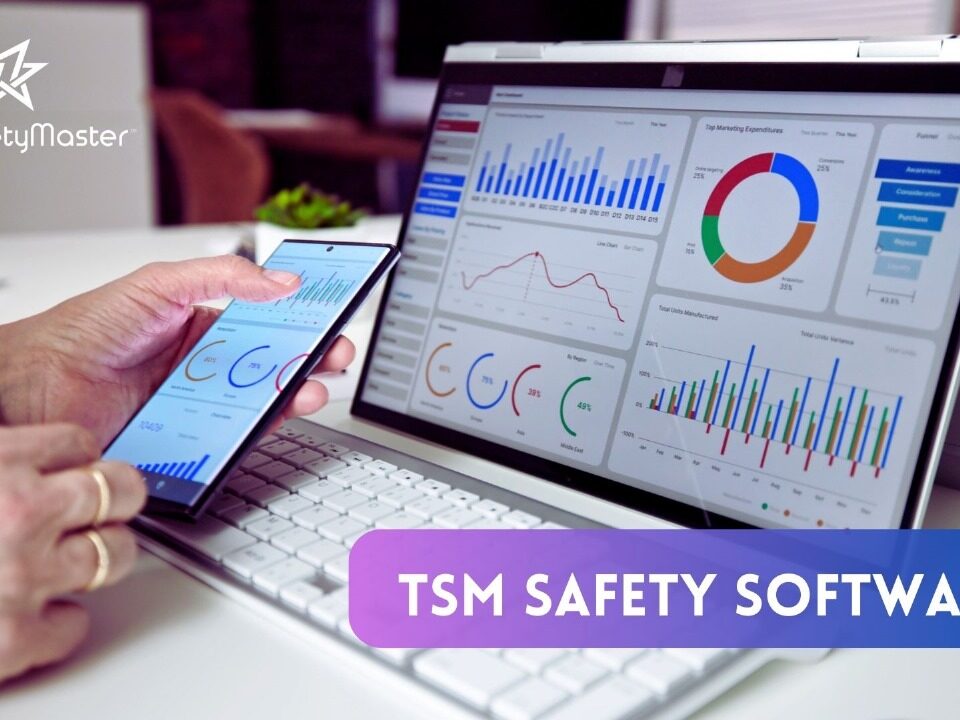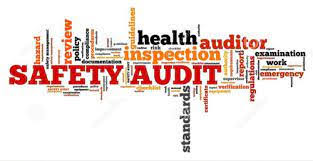Three Essential Types of Safety Audit
How does NOVEC 1230 work?
February 20, 2023
Behavior Based Safety
April 24, 2023Accident and health hazard rates in the construction business are much higher than in any other industry globally. As a result, TSM The Safety Master Pvt Ltd the top safety consultant in India is always assisting in the development of preventative measures that will avert substantial harm and crises.
Construction site employers must offer a safe working environment for all construction workers since construction sites can be dangerous, hazardous, and poisonous. As a result, the process safety management conducted by TSM guarantees that the workplace is always a safe environment for workers.
What are the types of constructing audits?
Organizations use safety audits to review and verify the efficacy of their safety management systems and procedures. Safety audits are classified into three types, each with its unique emphasis and goal.
- Compliance audit
Compliance audit focuses on verifying an organization’s compliance with applicable laws, regulations, standards, and policies. These audits are typically conducted to ensure that the organization is meeting its legal obligations and following established safety requirements.
A compliance audit is to ensure that the organization is meeting its legal obligations and implementing effective safety measures to protect employees, customers, and other stakeholders from safety risks.
- Program audit
A program audit is a form of safety audit that evaluates the efficacy and efficiency of a specific safety program or effort inside a company. A program audit determines whether the program is meeting its objectives and is being implemented and managed effectively. Safety programs are designed to address specific safety risks or hazards, and a program audit determines whether the program is meeting its objectives and is being implemented and managed effectively.
During a program audit, auditors analyze safety program material such as rules, procedures, guidelines, and records to ensure that they are being followed as intended. The audit may also include conducting interviews and observations to examine program implementation, including training offered, resource use, and compliance with program standards.
- Management program audit
A management system audit is a form of safety audit that evaluates an organization’s overall efficacy of its safety management system (SMS). A safety management system is a complete framework that includes an organization’s policies, procedures, practices, and processes for controlling safety hazards and providing a safe workplace. A management system audit determines if the organization’s SMS is successfully planned, implemented, and managed to fulfill its safety objectives.
The purpose of a management system audit is to ensure that an organization’s SMS is successful in controlling safety risks and fulfilling safety objectives. Organizations may constantly enhance their SMS by performing frequent management system audits, ensuring that it stays resilient, efficient, and consistent with best practices, resulting in a safer work environment for workers and stakeholders.
Let’s Conclude
It should be noted that the scope and focus of safety audits may differ based on the industry, legal regulations, and organizational demands. Based on their individual requirements and objectives, organizations should identify the most appropriate form of the safety audit. TSM The Safety Master PVT LTD is a well-known safety consultant in India providing safety audits; it also provides safety training in order to have more trained employees and fewer accidents.




